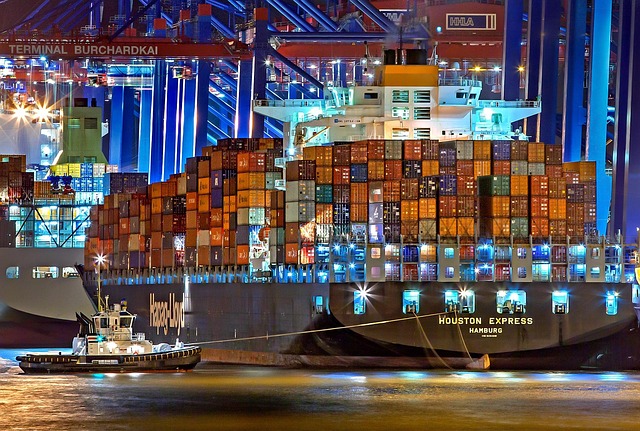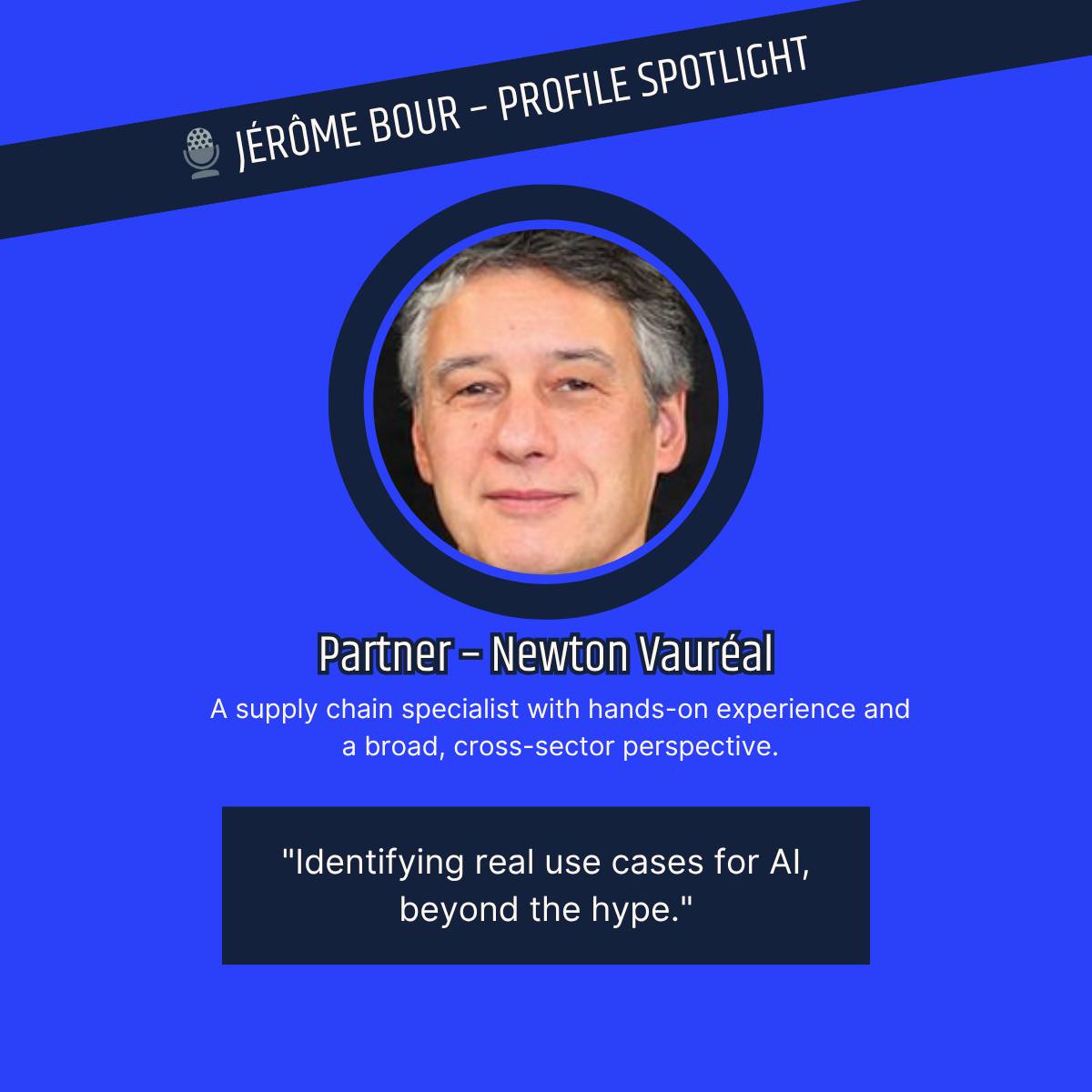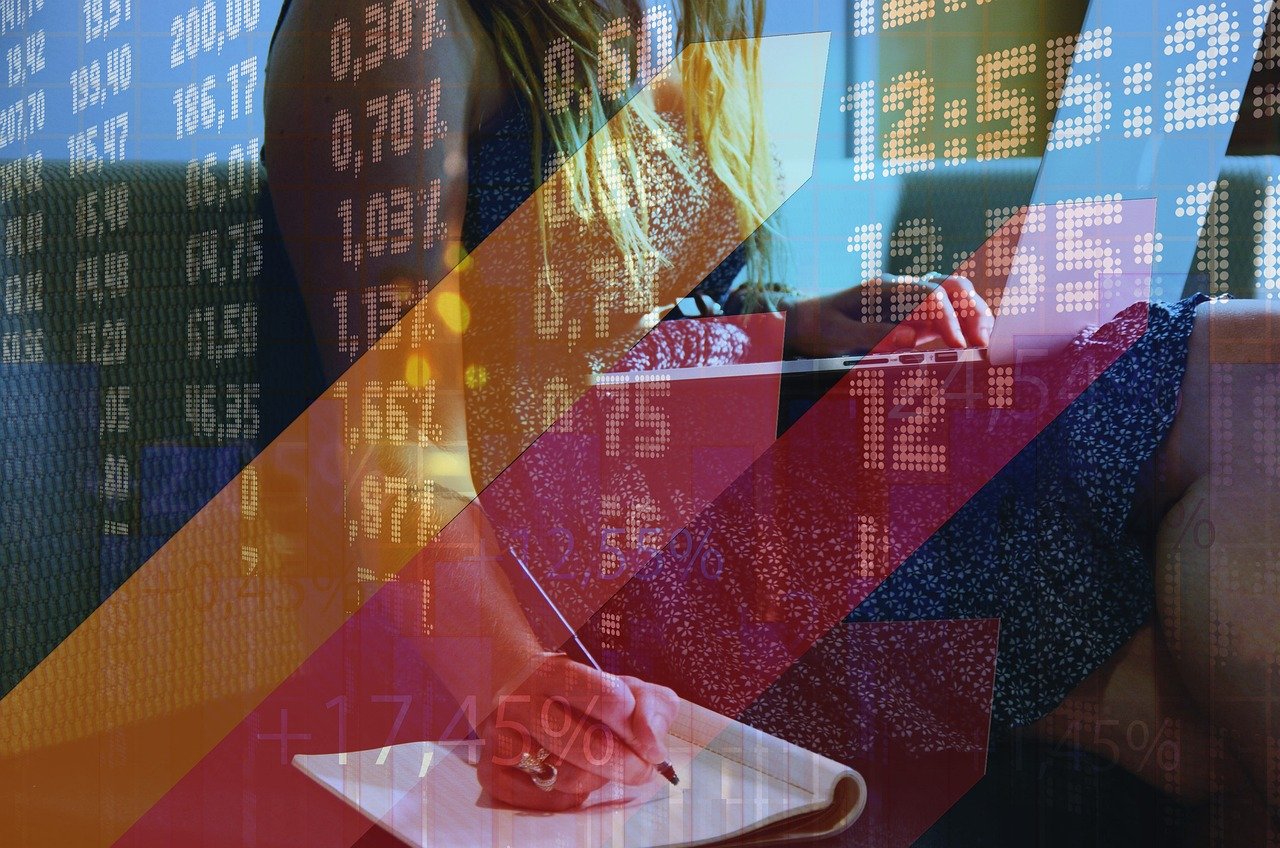

Interview – Intercompany Collaboration: How AI Is Transforming Supply Chain Exchanges – Insights from an Expert

Interview – Intercompany Collaboration: How AI Is Transforming Supply Chain Exchanges – Insights from an Expert
As technology continues to evolve rapidly, it is profoundly reshaping the supply chain landscape. We sat down with Jérôme Bour, Partner at Newton Vauréal Consulting, to get his expert take on how artificial intelligence (AI) is being applied in real-world supply chain operations. Which technologies are truly delivering value? How digitally mature are companies today? What are the key success factors for making digital transformation work? A rich and insightful discussion to explore below!
Winddle: There’s a lot of buzz around AI… But in your view, what’s actually working today in supply chain?
Jérôme Bour: Three key trends stand out:
Natural language models are making it easier to interact with complex planning systems, via digital assistants or chatbots. This opens up access to these tools and helps users better understand simulations and “what-if” scenarios.
The development of custom digital applications to meet very specific needs — especially where off-the-shelf solutions fall short. These tools are usually built in agile mode, tested quickly, and continuously improved.
Intelligent agents that can automate certain tasks and interact with one another to coordinate more complex processes.
What about supplier collaboration, transportation, and flow management — are you seeing interesting innovations there as well?
That’s still an emerging space. Even internally, ensuring data quality and governance is a major challenge. When it comes to inter-company exchanges, the complexity increases — especially around data sharing. That said, we’re starting to see promising solutions, for instance with intelligent agents that facilitate communication with carriers.
{{cta-1}}
Can you share a few real-life examples of how AI is being used?
Absolutely. We supported a B2B distributor in implementing an AI-powered tool to manage quality control exchanges with its suppliers at the time of goods receipt. The tool automates interactions, enhances collaboration, and speeds up decision-making.
In another project, a client is experimenting with agents that can handle some transport-related phone interactions automatically.
In your opinion, could AI eventually replace tools like TMS or ERP systems? Or are we still far from that?
I don’t think so — at least not anytime soon. Some players are aiming to build fully agent-based platforms, but we’re not there yet. That said, AI already has a major impact on productivity during development, on shortening implementation cycles, and therefore on cost models. When it comes to live systems, we still need structured data and solid integrations — things AI can’t yet do on its own.
People often say it depends on the industry… but isn’t it more about digital maturity?
Exactly. It’s not a sector issue. We see huge differences in digital maturity within the same industry. For instance, in retail, some chains are already highly industrialized, which leaves little room for experimentation.
What really makes the difference is a company’s ability to work in agile mode and to manage data effectively.
From your experience, what makes an AI project succeed (or fail) in supply chain?
The most common mistake is starting from a technology and hoping it will solve everything. You need to start with a clear business need, identify the specific pain point in the supply chain, and build your solution around that.
Then it’s about data maturity, governance, and having an agile culture — these are all critical pillars.
And above all, you need to get the teams on board: train them, reassure them, and show them concretely what AI can — and cannot — do. In many cases, experimentation is the best way to build awareness and trust.
And finally, how do you see inter-company collaboration evolving in the years to come?
I believe we’re heading toward more flexible automation, which will allow teams to focus on higher-value tasks.
AI won’t replace humans — but it will better equip them to make timely, well-informed decisions in an increasingly complex and fast-moving environment.
👉 Want to learn more about Jérôme Bour? Visit his LinkedIn profile and check out the Newton Vauréal Consulting website.
.png)









